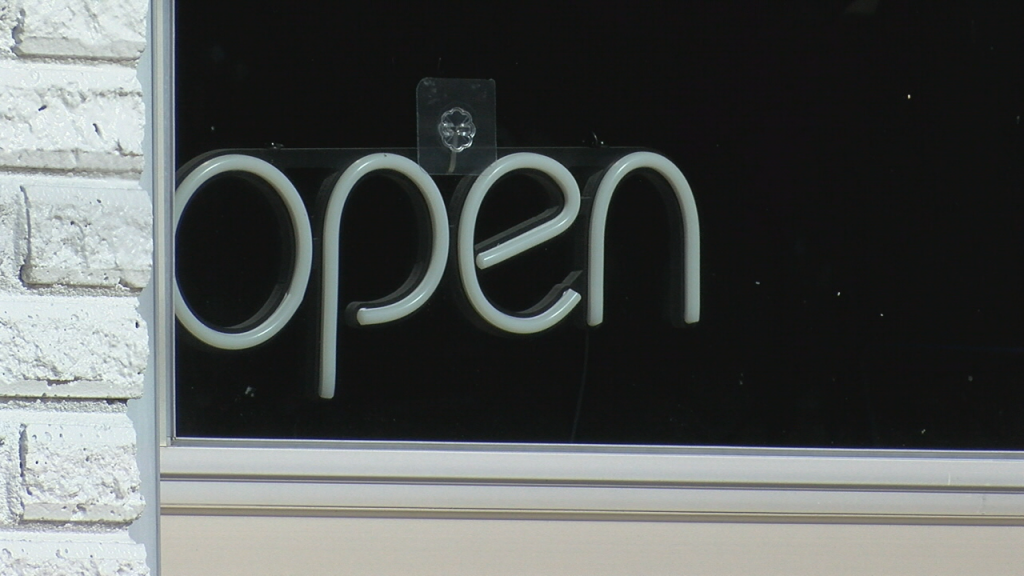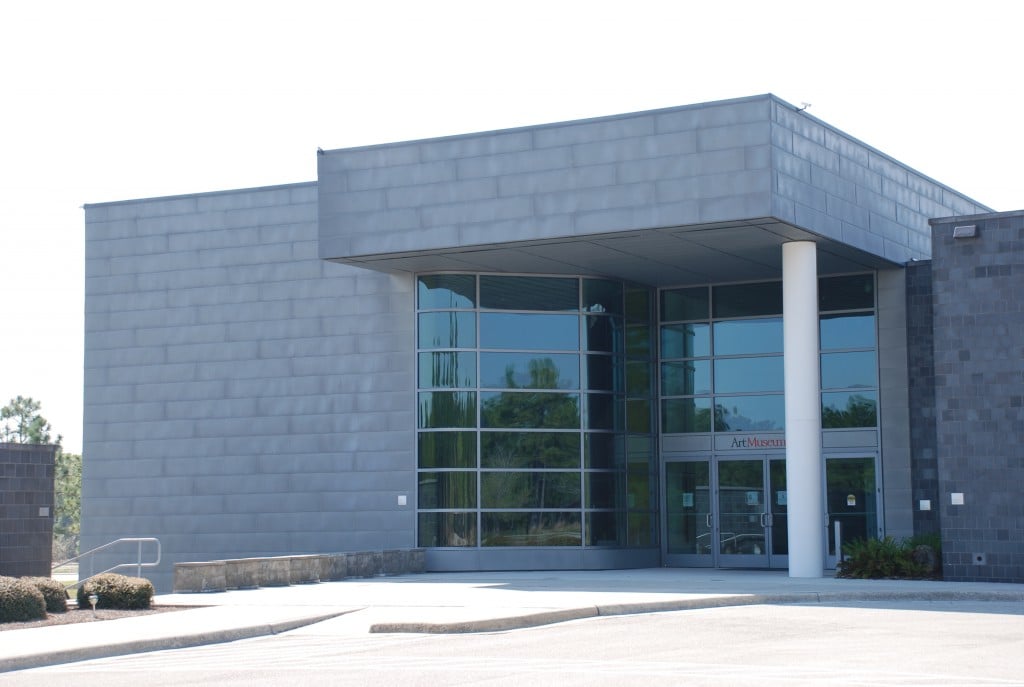Financial lessons of the Great Depression
The lessons of the Great Depression are many; from “clean your plate”, to a need for tighter fiscal regulation.
Here we are in 2008. Sayeth the sage, “If we don’t learn from history… we are doomed to repeat it.”
“This crisis could have been avoided if the people in authority, Wall Street, the White House, Congress, had a little better memory from the Great Depression,” said Roger Lowry, UNCW political scientist.
As time goes by, the memories and lessons of the Great Depression have not been lost on Miss Hannah Block and her colleagues who grew up in those years here in Wilmington. Their parents taught them well; back when thrift was still an honored virtue.
Charles Boney said, “My father said tell me what you’ve got to have and I’ll show you how to get along without it. And he did do that.”
Inez Richardson said, “Eat all the food you had on your plate. You don’t waste food. You don’t destroy your clothing. You use it, you keep it well taken care of and it will last a long time.”
It is becoming an increasingly difficult thing in 2008, especially if you’re paying your way by waiting on tables. Try Barefoot is a college student and said, “My personal income is probably about a fourth of what it was a year ago.”
For older students trying to learn a new skill and manage a family, it’s becoming even harder. Clareas Jacobs is a single mother of two and said, “We have to be very careful with our resources, that we don’t overspend, that we have money until the next paycheck.”
“I honestly think it’s a positive thing. In the future we need to start saving our money, thinking of the future, and not just doing everything in the past, living in the moment, because obviously if this occurred twice this can occur again,” said Iman Khatib, also a college student.
It seems today’s college students are getting grounded in a hurry. Evelyn Chagaroy added, “I want to get my associates degree in nursing. Everybody needs nurses.”
“Unless they get a job and unless they can get things moving, nothing can take place,” said Block.
Precisely the philosophy that drove Franklin Roosevelt and the new dealers to create programs like the CCC and WPA in the 1930’s, publicly funded programs to build roads, parks, dams, bridges; things that need upgrading today.
Might a new Works Progress Administration work today?
“Something like the WPA, if it were administered well, is something that should be given serious consideration. I think we’re at the point though where the economy is nor nearly in that much danger as it was in the 1930’s,” Tom Simpson, former Federal Reserve Senior Advisor said.
To a person, our group of seasoned citizens thinks we’ll get through this downturn okay.
“Someone once said we weren’t just survivors we were thrivers. I think we were. We just appreciated what we had,” Dottie Weathersbee.





Leave a Reply